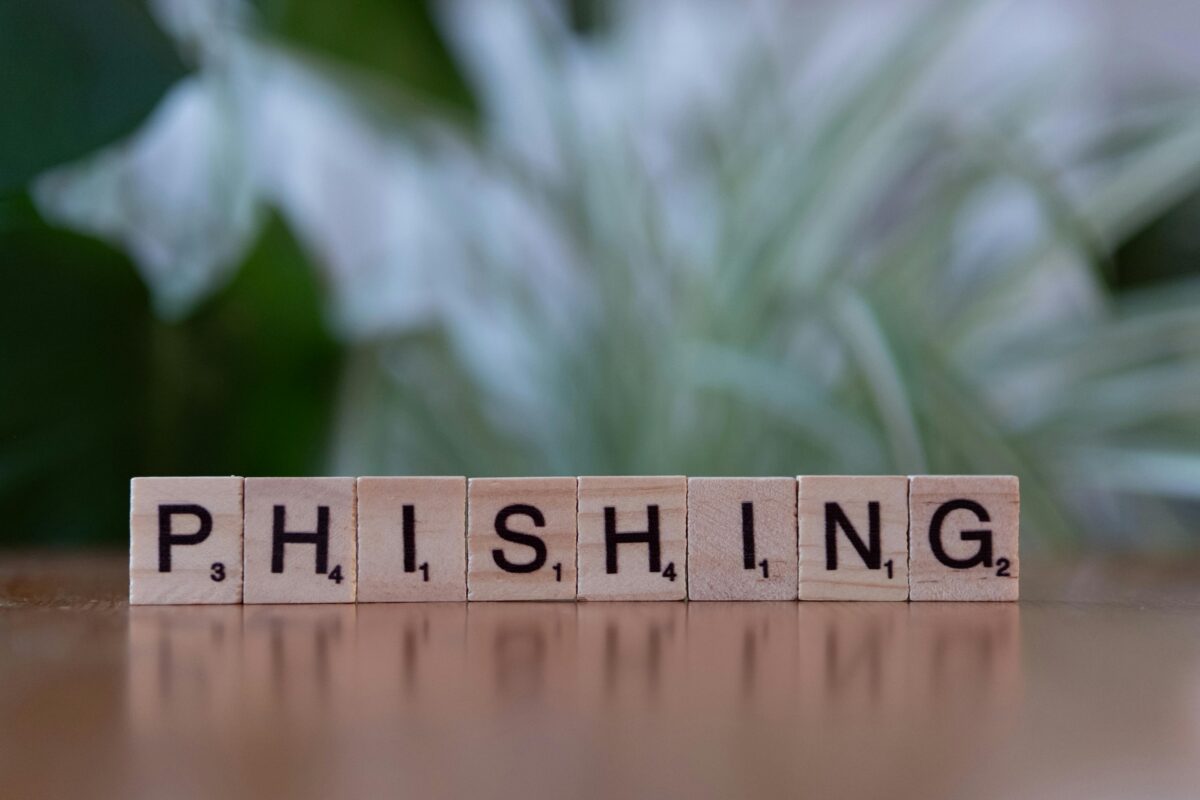Understanding Phishing and Scamming in the Digital Age
In today’s connected world, phishing and scamming have become everyday threats. Whether it’s a PayPal scam email, a Snapchat phishing attempt, or a McAfee scam email, phishing attacks are designed to steal your personal and financial data.
What is Phishing?
Let’s start by understanding the phishing meaning. Phishing is a type of cybercrime where attackers impersonate legitimate organizations via phishing emails, text messages, or websites to trick individuals into revealing sensitive information.
Phishing Attack Meaning
A phishing attack involves malicious communication disguised as a trustworthy message. The attacker may send you a paypal fraud email, claim there’s a problem with your account, and prompt you to click a link that steals your login credentials.
Common Types of Phishing Attacks
Here’s how scammers use different methods to target users:
1. Email Phishing Attack
This is the most widespread technique. You may receive:
- A phishing email pretending to be from PayPal, such as an email from PayPal scam saying your account was accessed from a suspicious device.
- A paypal hoax email warning you of unauthorized transactions.
2. Spear Phishing
Unlike generic phishing, spear phishing targets specific individuals or companies. This personalized approach makes phishing spear phishing attacks harder to detect and more dangerous.
3. Snapchat Phishing
Snapchat phishing campaigns often use fake login screens or messages pretending to be from Snapchat support, asking users to “verify” their accounts. This results in stolen credentials or hacked accounts.
4. McAfee Scam Email
Cybercriminals also mimic antivirus providers. A McAfee scam email might tell you that your subscription expired or that your device is at risk, pushing you to install malware-laden software.
5. Reddit Phishing
Some users report Reddit phishing attempts where scammers impersonate moderators or send private messages with malicious links.
Red Flags of a Phishing Email
Spotting a phishing scam starts with knowing what to look for:
- The sender’s address looks suspicious or unfamiliar.
- The message uses alarming or urgent language.
- Links direct to unofficial or misspelled domains.
- There are unexpected attachments.
- You’re asked for personal details or passwords.
Whether it’s a paypal fraud email, a mcafee scam email, or a snapchat phishing message, scam emails tend to follow these patterns.
Why Phishing is Dangerous
Phishing attacks meaning a serious risk not just to individuals, but to entire organizations. These attacks can result in:
- Identity theft
- Financial loss
- Unauthorized access to business systems
- Malware infections
Even a simple spam email can open the door to ransomware or data breaches if clicked on.
How to Prevent Phishing Attacks
Protecting yourself from email phishing scams is not complicated. Here’s what you can do to avoid phishing and stay safe:
1. Verify Before You Click
Always verify email addresses and links. Don’t click suspicious links in phishing emails or spam email messages.
2. Use Antivirus and Anti-Phishing Software
Security software can detect and block many types of phishing threats, including email phishing attacks and malicious downloads.
3. Enable Two-Factor Authentication (2FA)
Even if your credentials are stolen in a phishing email, 2FA prevents unauthorized logins.
4. Don’t Share Sensitive Info Over Email
No legitimate company will ask for your passwords or personal information via email.
5. Educate Yourself and Others
Awareness is key. Share tips with your friends, family, and coworkers to help them prevent phishing attacks and understand phishing attack meaning.
Final Thoughts
From Snapchat phishing to PayPal scam email threats, phishing attacks are becoming increasingly deceptive and sophisticated. Understanding the various types—like spear phishing, email phishing scams, and Reddit phishing—can help you take proactive steps to protect yourself.
By staying alert, installing robust security software, and following the best practices mentioned above, you can effectively prevent phishing attacks, avoid falling for a phishing scam, and protect your digital identity from scammers.

